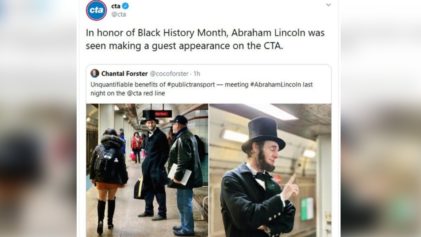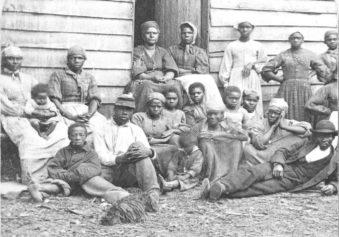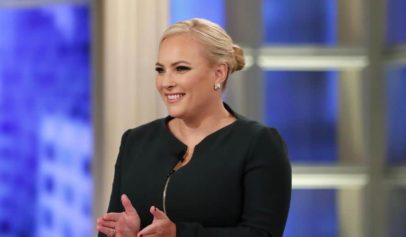The debate is still raging over whether Thomas Hurley, 12-year-old Connecticut boy, should have been penalized when he misspelled the correct answer in a final round of the television show, “Jeopardy!”
The clue in the Civil War category was: “Abraham Lincoln called this document, which took effect in 1863, ‘A fit and necessary war measure.’”
Thomas Hurley, an eighth-grader at Newtown Middle School, correctly replied the document was the Emancipation Proclamation, but show host Alex Trebek said the answer was “badly misspelled,” costing Thomas his wager of $3,000, reducing his total winnings to $6,600.
The show occasionally schedules challenge matches for children and college students, showcasing exceptionally bright people who have studied hard to get the answers right and to compete for major prize money.
In a story published over the weekend, Trebek told the Los Angeles Times that he was attacked on Facebook, accused of being mean-spirited and petty for telling Hurley his answer was wrong, but that he was just the messenger, delivering the judges’ decision.
In a statement to the Huffington Post on Monday, Jeopardy! producers said: “If Jeopardy! were to give credit for an incorrect response (however minor), the show would effectively penalize the other players. We love presenting young people as contestants on our show, and make every effort to be fair and consistent in their treatment.”
So where does full accountability begin?
Presumably, correct spelling would be a factor in a competition. If two contestants have the same answer, but one spells it properly and the other doesn’t, would it be fair to declare a tie when one of the players is absolutely precise?
There is some sympathy out there because Thomas is a child and from Newtown, Connecticut, where the aftermath of a massacre at the elementary school continues to sting the nation.
But does empathy mean the standard rules don’t apply?
More simply, what lesson do children take away when their errors are glossed over? When are you too old to use age as an excuse for your mistakes?
My son once brought home a paper from school that had an A on it, but contained several misspellings and grammatical errors. I corrected the mistakes, signed the paper and took it back to school and asked the nun how this could be an A paper.
“We no longer teach grammar the traditional way,” she said. “We just expose the children to great literature and believe they will pick it up by osmosis.”
Because she was a nun and I was raised Catholic, I was polite, but told her in so many words that was the most cockamamie answer I had ever heard. From that day forward, for the remainder of the school year, I pulled out my eighth grade grammar book and drilled my son daily on grammar. He hated me then for the daily exercises, but grew to be thankful years later when he became a sportswriter.
My informal polling of Facebook friends yielded an interesting mix of those who either thought Hurley shouldn’t have been penalized, especially since it would not have changed the outcome of the contest because he had no chance of winning, and those who believed accuracy should always count, or that rules are rules and you have to learn to live with it.
I recently accepted a position as the chairman of multimedia journalism at Morgan State University’s School of Global Journalism and Communication and in my discussion with faculty, it was agreed that the lack of strong writing and grammar skills hamper even the best reporters. Journalists work on deadline, so getting it fast and getting it right are what we train students to do.
That job is a whole lot easier when students learn early that accuracy counts; attention to detail counts; taking full responsibility for what you write counts.
Is it really too much to ask of a 12-year-old?


